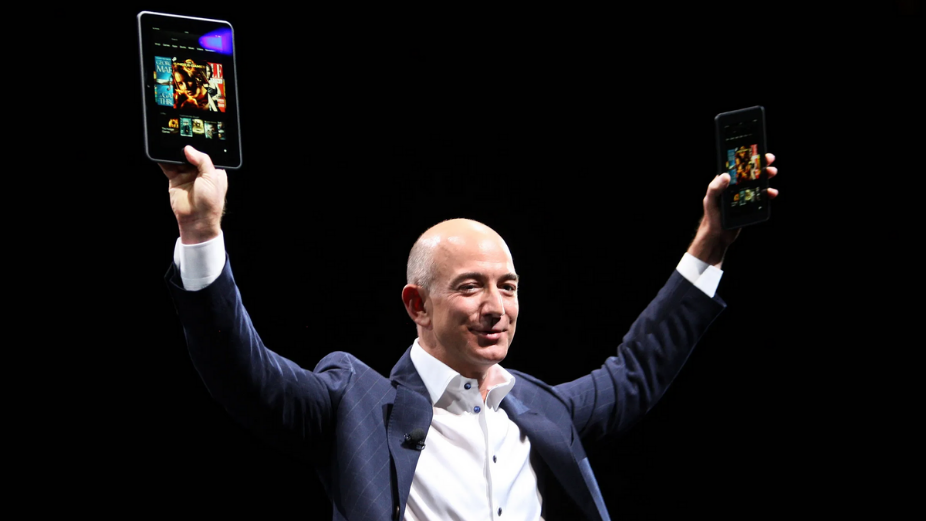
Books are one of the greatest sources of learning; they contain years and years of trial and error, decades of experience and mistakes, and the formulas for success. All in a matter of a couple hundred pages – what more can you ask for?
If you’re looking for a good read to help you in the corporate world, there’s no better to check out than these recommendations from the richest entrepreneurs on planet Earth. From Jeff Bezos to Mark Zuckerberg, here are three titles that are revered by the very best in business.
1. The Wealth of Nations by Adam Smith
An Inquiry into the Nature and Causes of the Wealth of Nations, generally referred to by its shortened title The Wealth of Nations, is the magnum opus of the Scottish economist and moral philosopher Adam Smith. This classic, first published in 1776, is still required reading in university Economics departments. Smith was the first to write about a complex subject that had massive repercussions; his book built the foundation for capitalism.
It describes the roots of prosperity in England and the Netherlands and proposes economic theories about work, the market, the nature of wealth, wages, and capital accumulation, among other (now well-known) concepts. If you’re into economics and understanding the free market, take it from the father of economics himself.
2. The End of Power by Moisés Naím
After Mark Zuckerberg recommended this book to his Facebook reading group, it sold out in less than 48 hours all over the world. In The End of Power, award-winning columnist and former Foreign Policy editor Moisés Naím illuminates the struggle between once-dominant mega-players and the new micro-powers challenging them in every field of human endeavor. Drawing on provocative, original research and a lifetime of experience in global affairs, Naím explains how the end of power is reconfiguring our world.
Power, like energy he states, is neither created nor destroyed, but inevitably disseminated among a multitude of agents in whose hands it ends up being degraded. This degradation, and its effect on the march of the world in the 21st century, is the central theme of this seminal text.
3. Good to Great by Jim Collins
Years ago, Jim Collins asked the question, “Can a good company become a great company, and if so, how?” In this book, Collins concludes that it is possible, but finds there are no silver bullets. Collins and his team of researchers began their quest by sorting through a list of 1,435 companies, looking for those that made substantial improvements in their performance over time. They finally settled on 11, and discovered common traits that challenged many of the conventional notions of corporate success. At the heart of those rare and truly great companies was a culture that rigorously found and promoted disciplined people to think and act in a disciplined manner.
In fact, it was Collin’s philosophies that led Jeff Bezos to success. In early 2001, Amazon was four years old and had yet to report a profit. Bezos then sought the aid of Collins, who advised him to change the company’s economic structure, focusing on long-term decisions rather than short-term gains. Indeed, the plan must have been very logical because it worked; the last quarter of 2001 was when Amazon first reported a profit. The lessons Amazon absorbed and that catapulted it to global domination are collected in the book.











